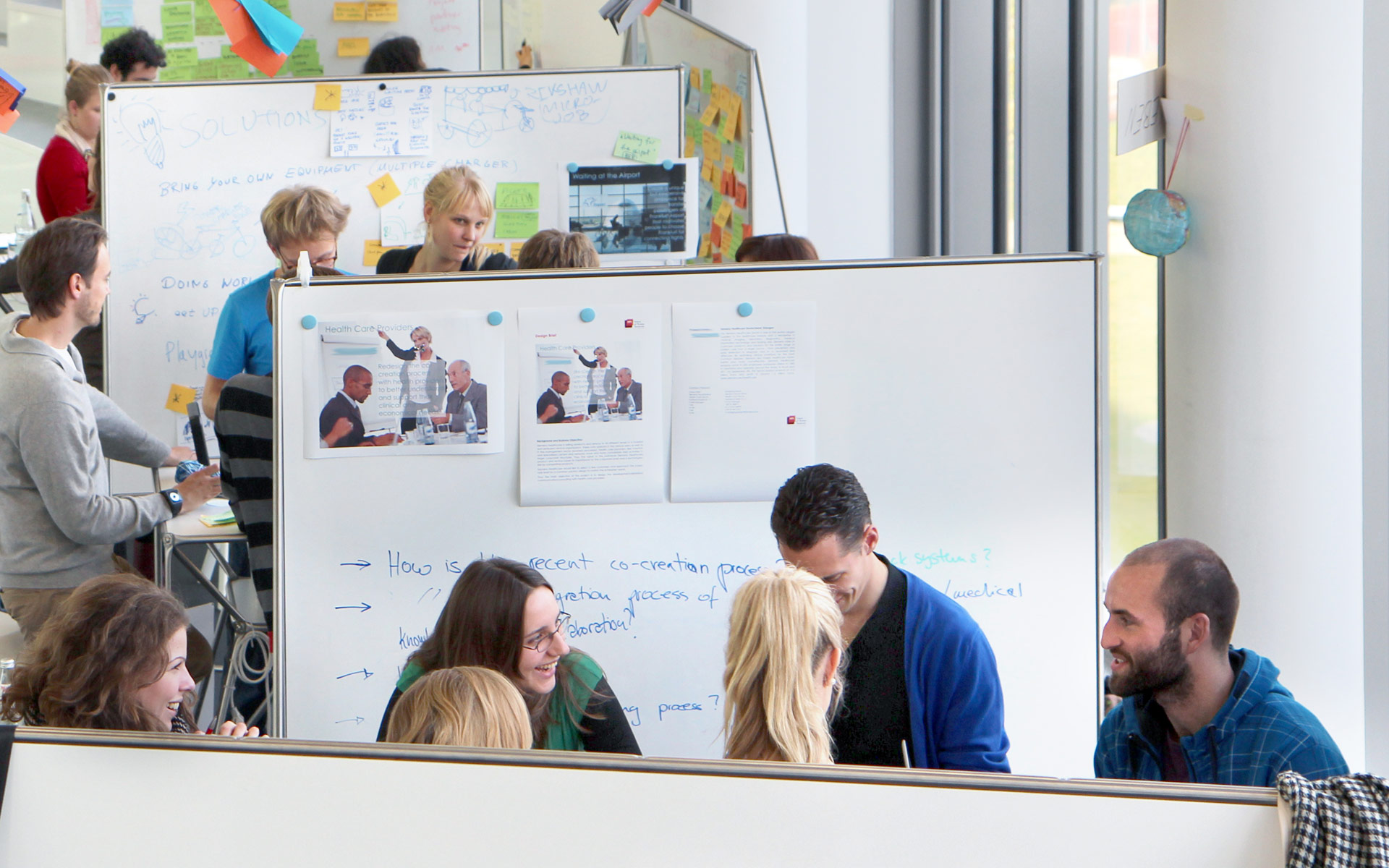PI: Professor Dr. Christoph Meinel
Abstract
While people get ill everywhere, medical expertise is often concentrated around urban regions. At cities many doctors reside; there are specialists for all kinds of health problems. Moreover, due to the sheer number of specialists, doctors who speak particular non-native languages can usually be found in cities if required. By contrast, in many rural areas medical expertise is often missing: There are few doctors, who by implication cannot offer the same breadth and depth of specialization, or the same plurality of language skills. A likely solution could be to offer remote care, e.g., connecting a French speaking patient with lung cancer at village A via the internet with a French speaking specialist on lung cancer at city B. The legal situation is presently changing (in Germany) as new laws have been passed in favour of telemedicine. Conventional remote care approaches include phone calls, internet chats and video conferencing. Tele-Board MED is well suited to offer remote care solutions with much greater task-specific effectiveness, as patient and doctor can not only hear and see each other, but can also synchronously work with treatment documents over distance. We propose a comparative study, where user experiences and effects of different remote care approaches are compared, looking at treatments over distance via (1) online chat, (2) phone calls, (3) video conferencing and (4) Tele-Board MED. In addition, the usage of Tele-Board MED in remote care shall also serve as a case study to further elucidate innovation-adoption processes.

